International Experts Suggest Ways to Tackle Vietnam's Water Scarcity
| Vietnam and Finland Exchange Insights on Groundwater Management | |
| Foreigners Distribute Bottled Water to Tet Travelers |
Professor Simon Porcher from the Faculty of Management Sciences at Paris Dauphine University (PSL) outlined four key solution groups to address Vietnam's escalating water scarcity challenges, exacerbated by the impacts of climate change.
 |
| The seminar themed “Water Scarcity” (Photo: Dinh Hoa) |
Professor Simon Porcher recommended four groups of solutions:
First, the economic model for drinking water needs to be restructured by implementing a flexible pricing policy that promotes conservation. This involves transitioning from consumption-based payments to efficiency-based payments aimed at reducing water loss. For instance, in France, only 20% of clean water is lost after treatment, whereas in many other countries, this figure reaches as high as 50–60%.
Second, fostering technological innovation and advancing water reuse practices are essential. These include rainwater collection, as well as the treatment and reuse of gray water and wastewater. Simultaneously, research into desalination solutions must be prioritized, with rigorous controls implemented to prevent the risk of secondary pollution.
Third, it is necessary to build a global governance mechanism. He proposed organizing a Conference of the Parties (COP) on water under the auspices of the United Nations, similar to climate change or biodiversity. Thereby, effectively coordinating water resources across administrative borders.
Fourth, raising public awareness and changing consumer behavior should be emphasized. Every product, from coffee to food, clothing, etc., contains a huge amount of “virtual water”. Therefore, there needs to be a clear labeling system on water consumption levels so that consumers can make more responsible choices for the environment.
 |
| Prof. Simon Porcher, Faculty of Management Science, Paris Dauphine University (PSL). (Photo: Dinh Hoa) |
Professor Simon Porcher emphasized that approximately 2.2 billion people worldwide currently lack access to clean water, while over 4.6 billion face inadequate sanitation facilities. These alarming statistics reveal challenges not only in poor nations but also in developed countries such as the United States, France, China, and India. He also identified several hotspots of water resource conflicts, including disputes between India and Pakistan, China and India, and in nations like Bolivia and France, demonstrating how water can become a focal point of inequality, conflict, and global crises.
During a seminar on the topic of virtual water, Dr. Nguyen Thanh Hien, a lecturer at the University of Science and Technology of Hanoi, explained that virtual water refers to the water utilized throughout the production, processing, and transportation of a product but is not directly visible within the product itself. For example, manufacturing a pair of jeans requires up to 11,000 liters of water, while producing a car demands approximately 30,000 liters.
Dr. Nguyen Thanh Hien said that Vietnam has become an attractive destination for foreign investors in the textile industry, particularly for jeans production. She noted that this trend could represent a form of resource-consuming shift, in which developed nations transfer the burden of water-intensive industries to developing countries with lower costs and weaker environmental regulations.
 |
| Dr. Nguyen Thanh Hien, lecturer at Hanoi University of Science and Technology, discussed at the seminar. (Photo: Dinh Hoa) |
Dr. Nguyen Thanh Hien highlighted a paradox in Vietnam's investment attraction policy: while the country welcomes capital flows and job creation, it bears the cost of depleting water resources. This challenge is exacerbated by incomplete wastewater treatment systems and inadequate groundwater protection. She emphasized the need to incorporate environmental criteria—particularly the "water footprint," which measures water usage—into the approval and planning process for investment projects.
"We cannot focus solely on short-term economic gains while neglecting the long-term costs to sustainable development," Dr. Nguyen Thanh Hien stressed.
Nicolas Mainetti, Director of AUF Asia-Pacific, noted that the seminar is part of a regular series of scientific activities organized by AUF, aiming to shed light on global issues through the perspective of the Francophone community. He emphasized that the seminar’s focus on "water"—a resource that appears boundless yet is rapidly depleting—is particularly significant. He also expressed the importance of providing students studying French in Vietnam with opportunities to hear leading experts analyze critical contemporary issues.
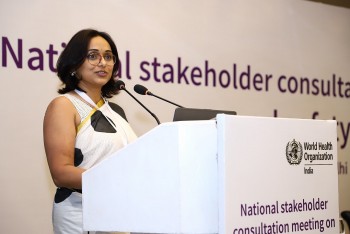 | International Experts Impressed by Vietnam's Initiatives to Prevent Drowning Vietnam impresses public health experts for creating a safer generation of swimmers. |
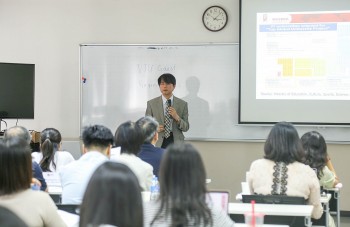 | International Experts Appreciate Vietnam's Contribution to Universities in ASEAN Dr. Jung Hyun Ryu (Vietnam Japan University, Hanoi) said that Vietnamese lecturers studying and researching abroad have a positive impact on education, research, social contributions ... |
Recommended
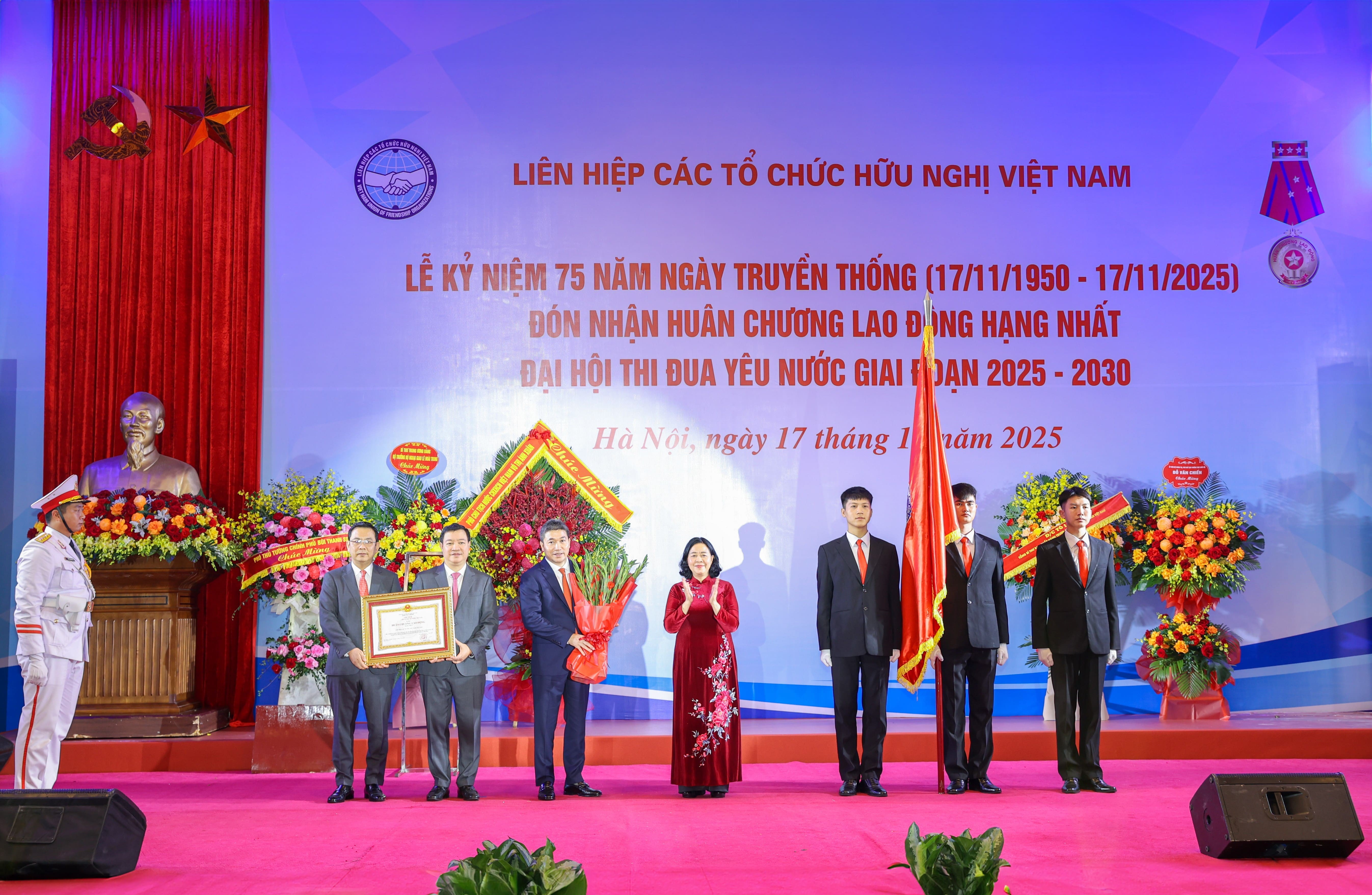 Friendship
Friendship
People-to-People Diplomacy: Change to Reach Further
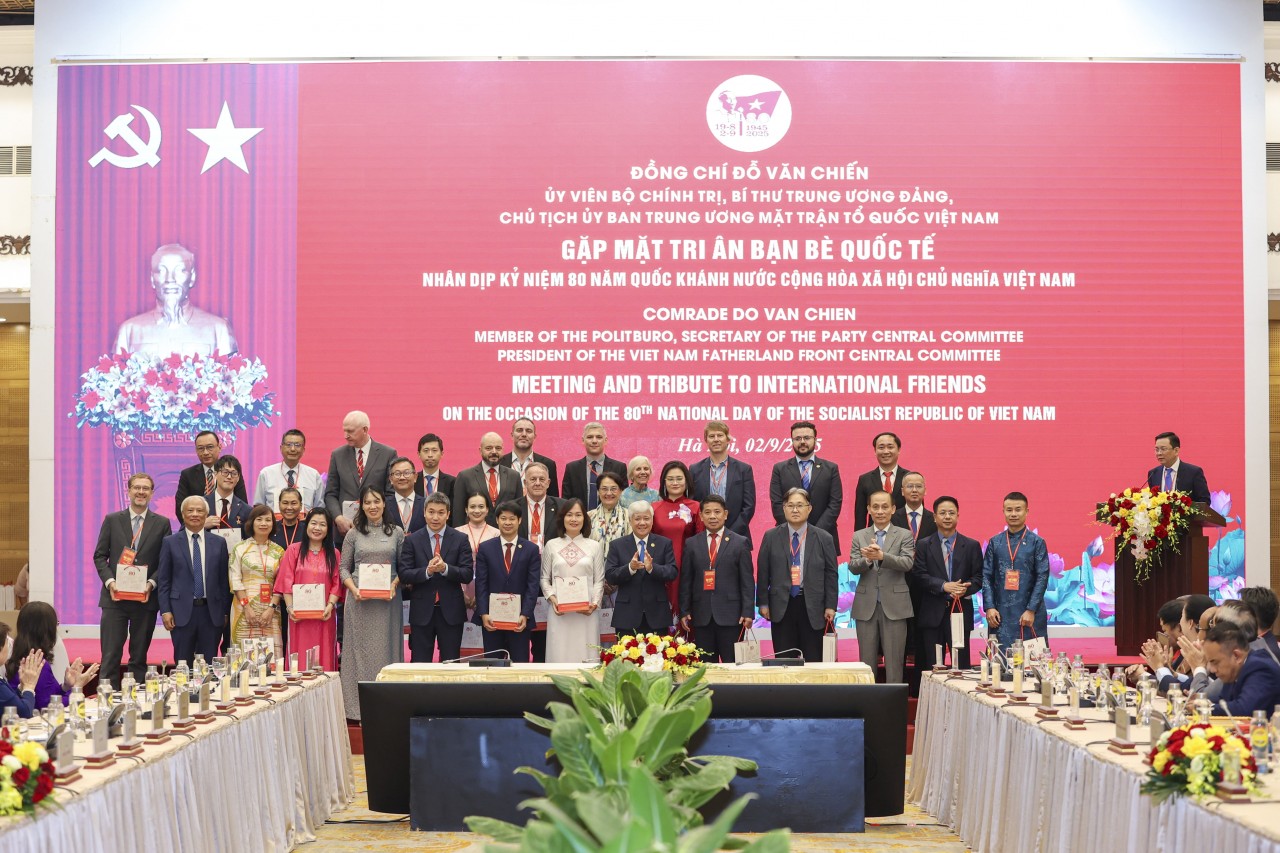 Focus
Focus
Outstanding Highlights of Viet Nam’s People-to-People Diplomacy in 2025
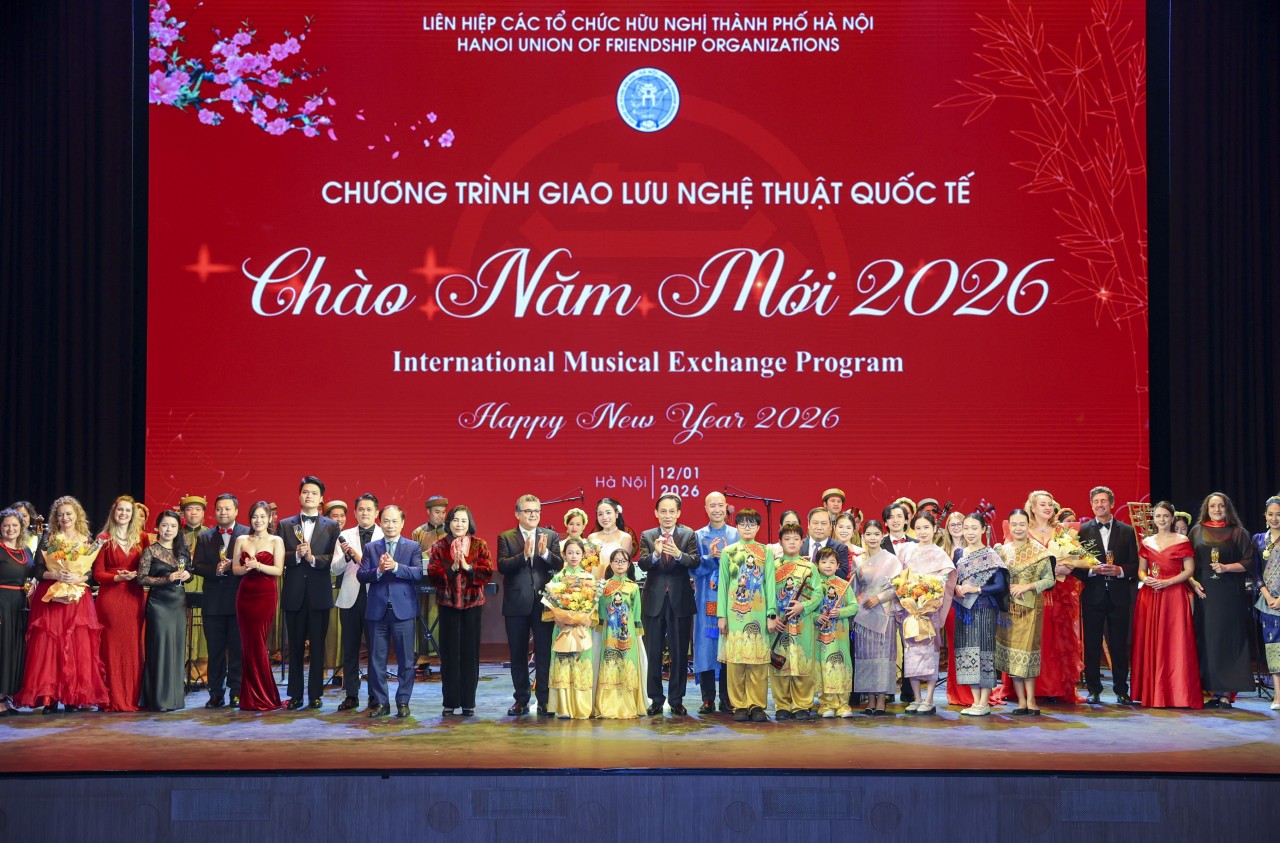 Friendship
Friendship
Hanoi Union of Friendship Organizations: Spreading Values of Peace in Heart of Capital
 Friendship
Friendship
G4 Ambassadors to Vietnam Extend Greetings for the New Year of the Horse
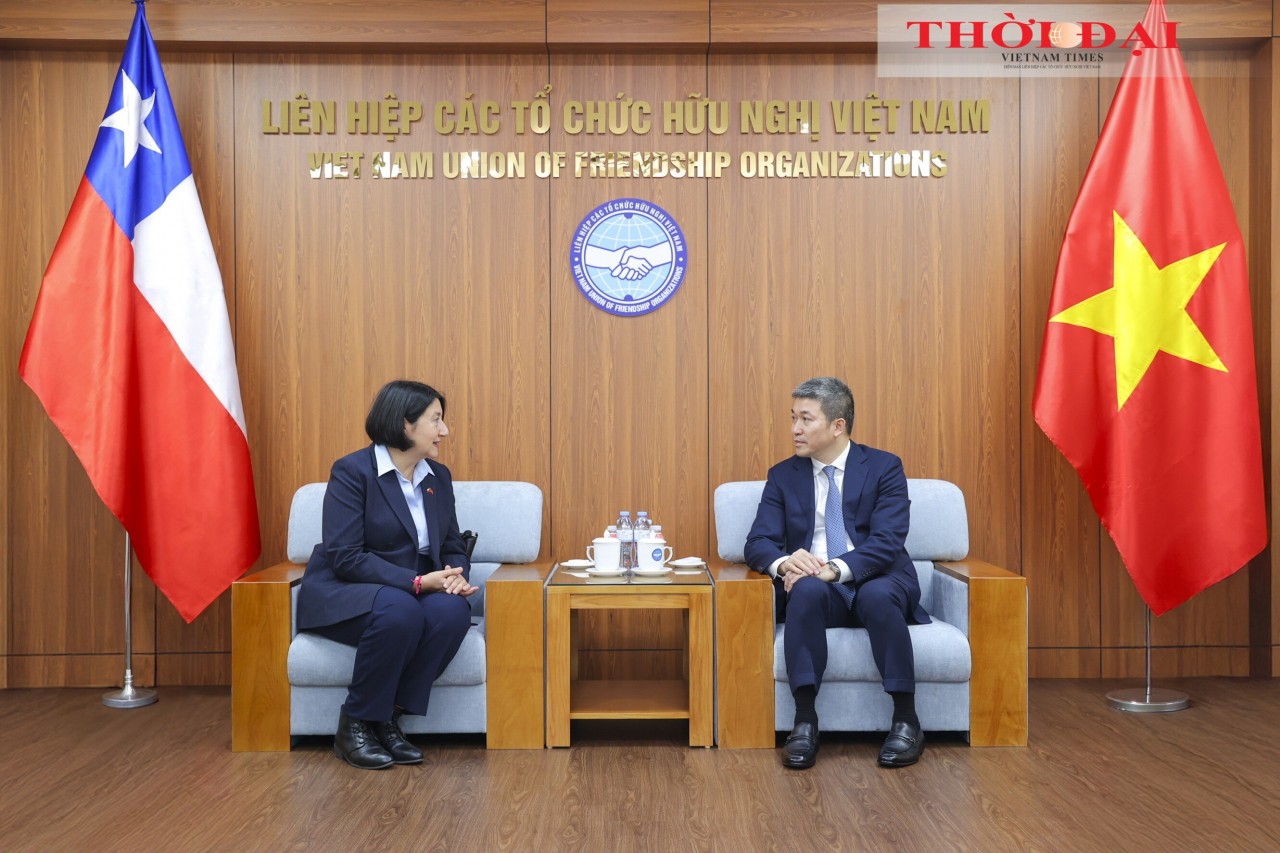 Friendship
Friendship
Promoting People-to-People Cooperation on the Occasion of the 55th Anniversary of Vietnam-Chile Relations
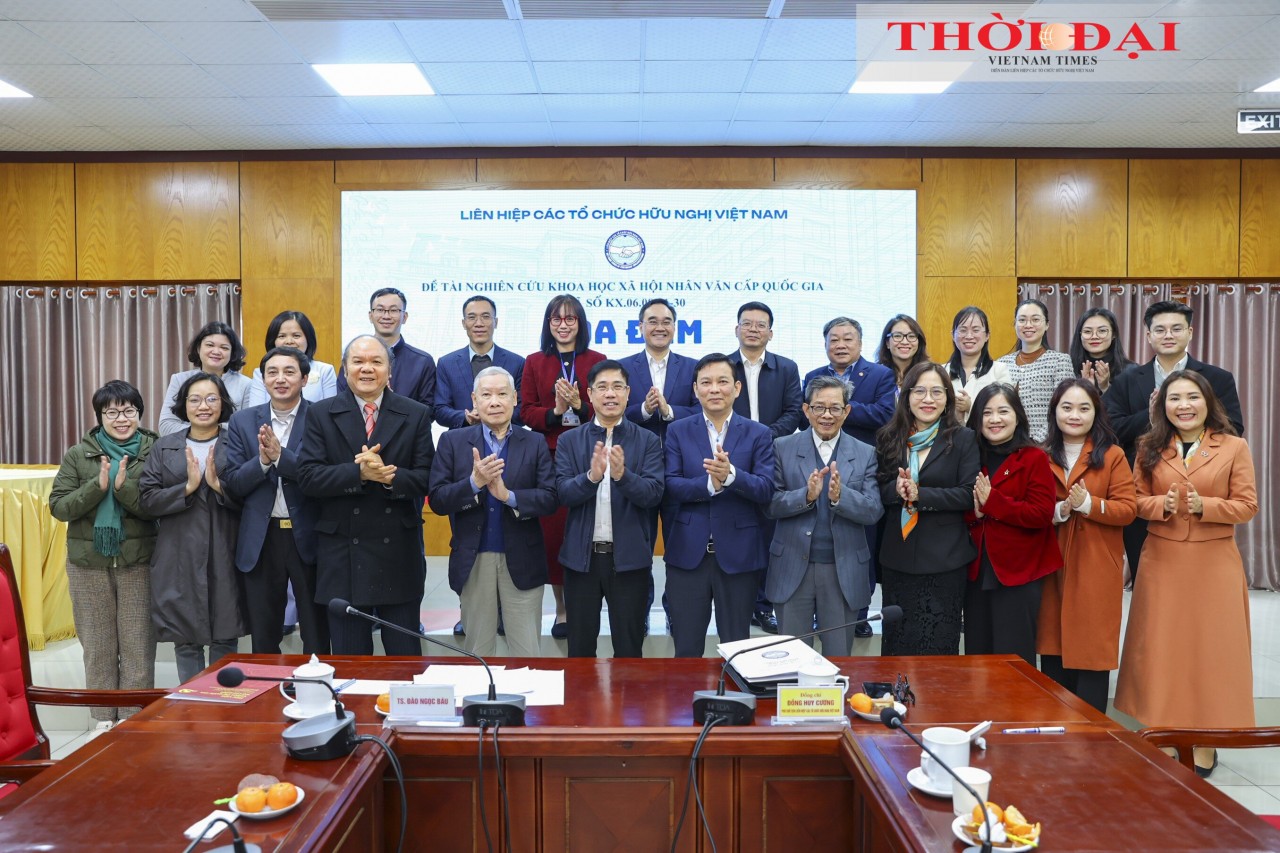 Focus
Focus
Seminar on “The Scientific Foundations of People-to-People Diplomacy in the World”
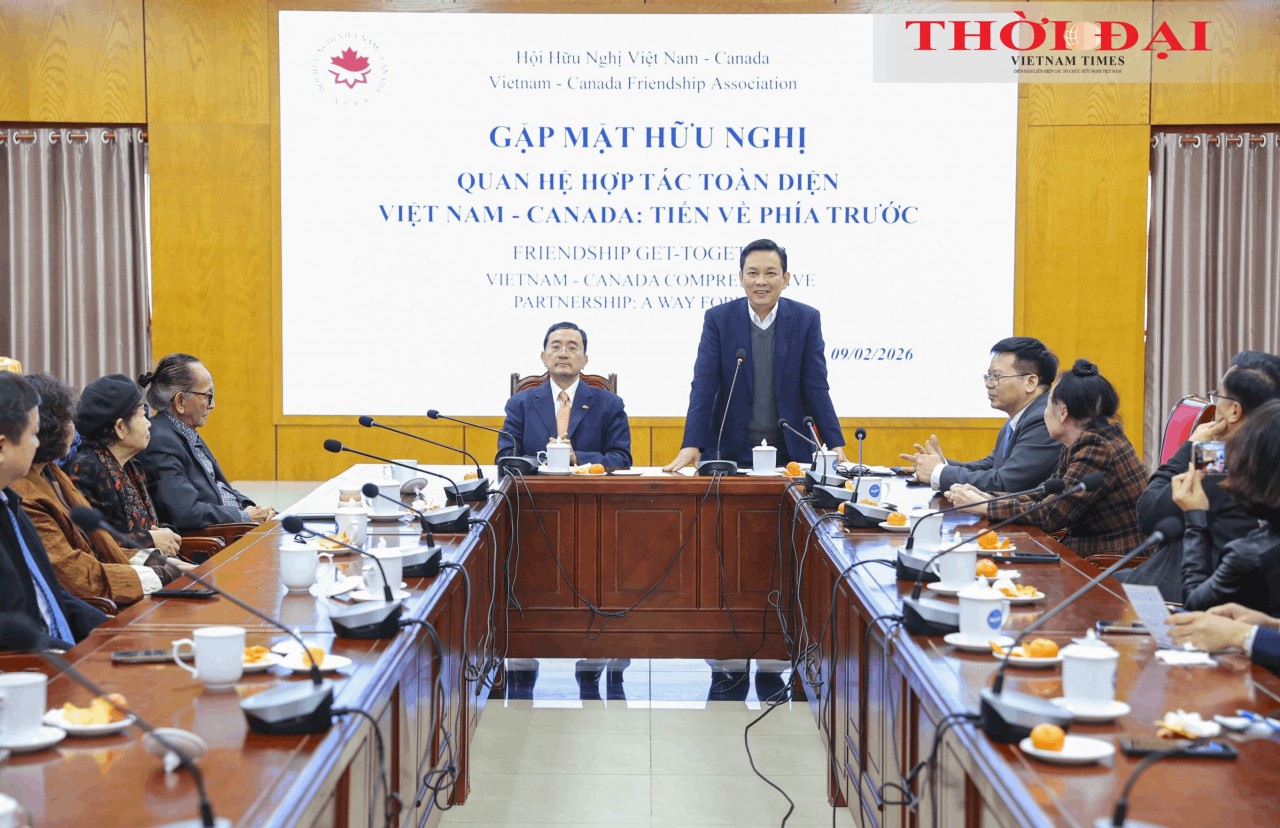 Friendship
Friendship
Vietnam-Canada Friendship Meeting: Advancing Comprehensive Cooperation through People-to-People Diplomacy
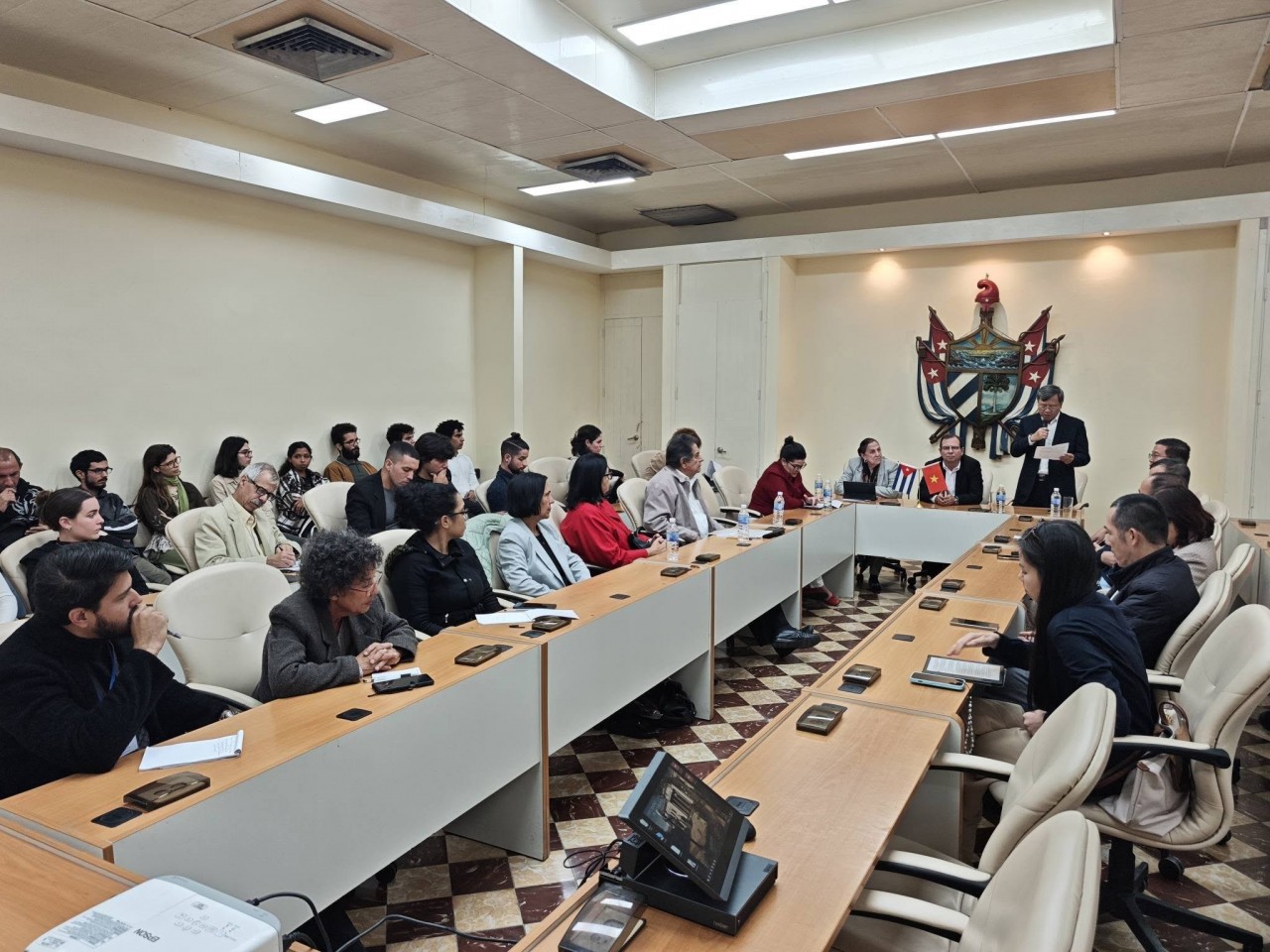 Friendship
Friendship
